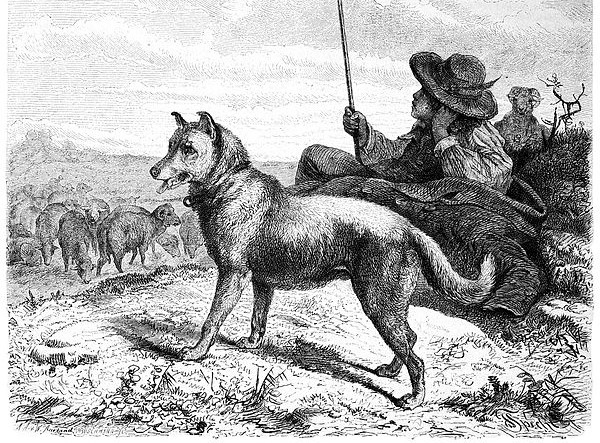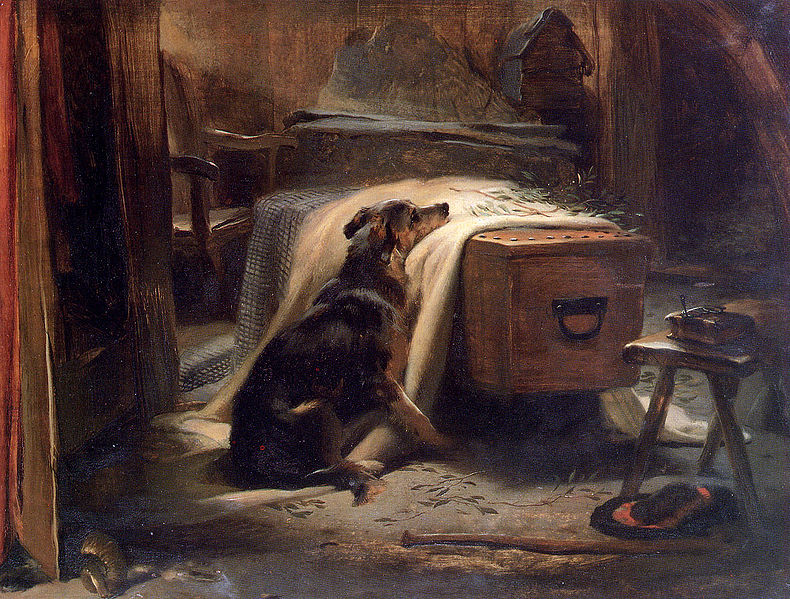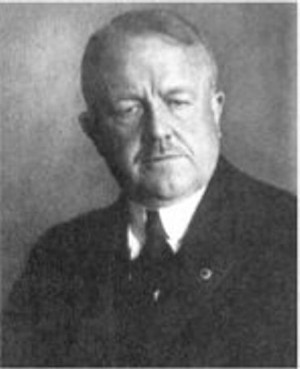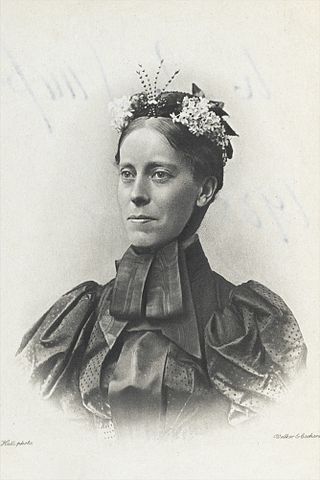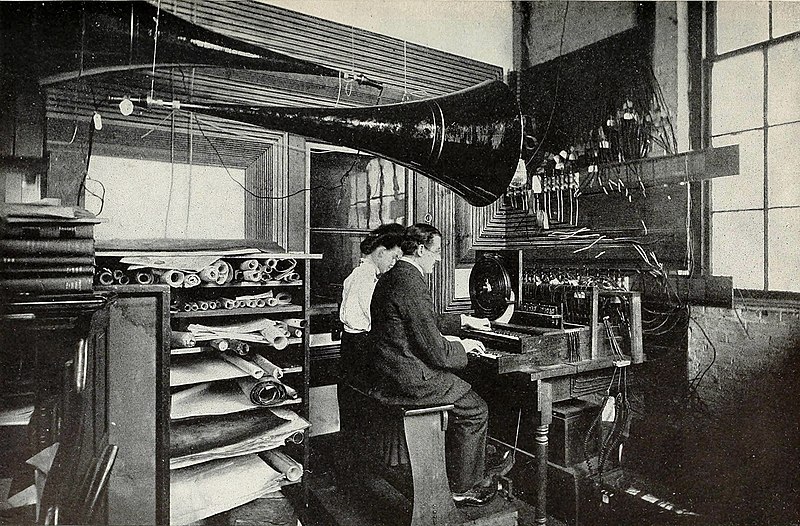
Inventor Thaddeus Cahill offered a startling advance in 1895: An electronic keyboard instrument that could distribute music over the nation’s telephone networks. By combining sine waves according to Hermann Helmholtz’s new theories, the device could approximate the tone of any given instrument using electrical dynamos.
After hearing a demonstration at the Hotel Hamilton, Ray Stannard Baker wrote in McClure’s, “The first impression the music makes upon the listener is its singular difference from any music ever heard before: in the fullness, roundness, completeness, of its tones.”
Unfortunately, the device required an enormous amount of electricity, it disrupted the New York telephone network, and it was rapidly overtaken by other inventions in an immensely fruitful period. Cahill had hoped to fund it through subscriptions, and this quickly became impossible. But it had its adherents — Mark Twain’s friend Albert Bigelow Paine recalled a social gathering at the Clemens home at which the author demonstrated the instrument:
“Clemens was filled with enthusiasm over the idea. He made a speech a little before midnight, in which he told how he had generally been enthusiastic about inventions which had turned out more or less well in about equal proportions. He did not dwell on the failures, but he told how he had been the first to use a typewriter for manuscript work; how he had been one of the earliest users of the fountain-pen; how he had installed the first telephone ever used in a private house, and how the audience now would have a demonstration of the first telharmonium music so employed. It was just about the stroke of midnight when he finished, and a moment later the horns began to play chimes and ‘Auld Lang Syne’ and ‘America.'”

